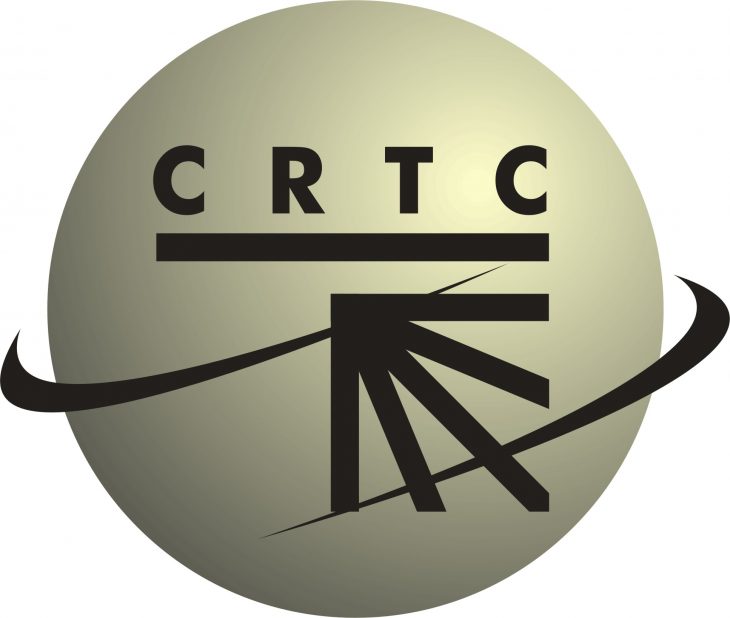
GATINEAU – The CRTC disputed a central claim in Netflix’s submission to the Broadcast and Telecom Legislative Review panel which suggested the streaming platform had no reliable way to assess whether a movie was certified Canadian content in order to aid in discoverability.
In Netflix’s January 2019 submission, it said there is “no readily accessible database of certified Cancon that allows online services to electronically, and reliably, cross-reference content libraries” for the sake of including certified Canadian content in their search results. Netflix recommended the government or the industry create an electronically accessible database that online services can easily cross-reference certified content, including by using ISAN or IMDB numbers.
However, in internal research for senior staff obtained by Cartt.ca, CRTC analysts took issue with Netflix’s claims by stating that such a database is already accessible to anyone and regularly updated on both the CRTC and the Canadian Film or Video Production Tax Credit (CAVCO) websites.
The problem, according to a source familiar with Netflix’s argument, is that the spreadsheet of certified Cancon that is available cannot be electronically cross referenced and therefore Netflix – and other platforms – would have to manually, line-by-line, compare its consistently evolving and changing library with CAVCO and CRTC lists.
It is unclear whether such an electronic system is being built in response to Netflix’s suggestion. The CRTC did not return a request for comment in time for publishing on the specific matter, but spokeswoman Patricia Valladao did confirm the research was only for internal purposes.
Late last month, the panel tasked with providing recommendations about how to amend the telecommunications and broadcasting acts released its final report, which included “discoverability” requirements for Canadian content on the part of foreign over-the-top services.
In response to an inquiry from Cartt.ca, a Netflix spokesperson pointed to its submission to the review panel, which – besides directing to ways to discover Canadian productions and stories – states metadata embedded in acquired content “do not generally include a Cancon indicator,” which could be a future remedy to the issue. It also pointed to problems trying to identify Cancon.
“The complexity of Cancon certification criteria, which include not only creators, talent and producers, but also sources of financing, and variables such as treaty co-productions, make it virtually impossible to readily identify Cancon,” it said in its submission.
Netflix tags Canadian content based on factors including if it’s an original co-production with Canadian broadcasters, if it was acquired by broadcasters like the CBC, if it includes Canadian creators or talent, if it has won or was nominated for Canadian awards and if it was shot on location in Canada. The platform has in place over 100 categories tagging Canadian content related to Canadian movies and TV shows.
The CRTC claims Netflix plays loose with some of the more concrete rules that would otherwise certify Canadian content. The regulator used an unofficial database that aggregated the number of titles listed as Canadian content and found 32%, or 29, of them are uncertified, while 68%, or 62 titles, are certified Canadian. Netflix does not breakdown the number of Canadian titles – English or French – on its service.
“Even though a certification process exists in which TV programs and films are recognized as ‘Canadian,’ Netflix Canada appears to have their own criteria in this regard.” – CRTC report
In other words, the CRTC said it found that only 2% of the 5,570 titles on Netflix Canada is actually classified as “Canadian.”
“Even though a certification process exists in which TV programs and films are recognized as ‘Canadian,’ Netflix Canada appears to have their own criteria in this regard,” the CRTC report said.
It lists movies including ARQ, Ghost Wars, The Backyardigans, I am the pretty thing that lives in the house, and Carmen Sandiego that include “some if not all” those aforementioned factors but “none of the case studies are certified by CANREC or CAVCO, but, are deemed by the platform to be ‘Canadian.’
“Their inconsistent, and unregulated classification of ‘Canadian content’ allows for uncertified content to be intertwined and tagged as ‘Canadian’ on the basis of the platforms descriptors,” according to the CRTC research by Saba Ali.
At least in the case of ARQ, however, Netflix notes in its submission to the panel that while it is not certified Canadian content, it is told by their Canadian partners that it meets key creative criteria for Cancon.
Netflix and the CRTC have not discussed these issues face-to-face.
To be certified Canadian content in the current system, productions must have a Canadian producer and other roles filled by Canadians — for example, a Canadian director and screenwriter would each count as two points — toward the minimum six points out of a 10-point scale.
All that said, Corus’ Doug Murphy told Cartt.ca following the report’s release that the 6 out of 10 system should be replaced with a more flexible and generous system to keep Canadian content competitive globally.


